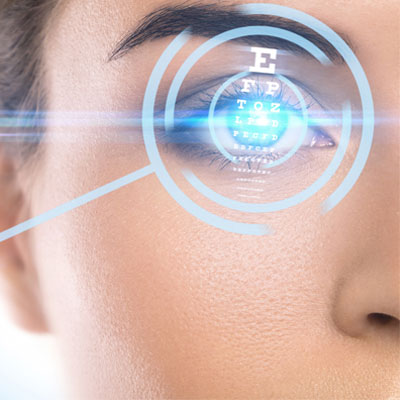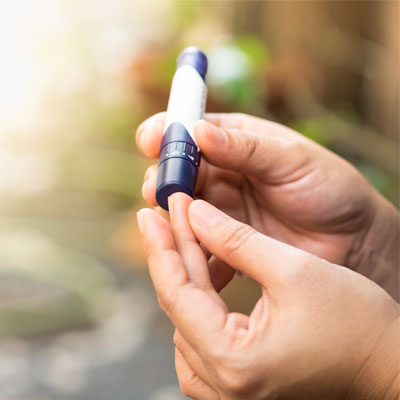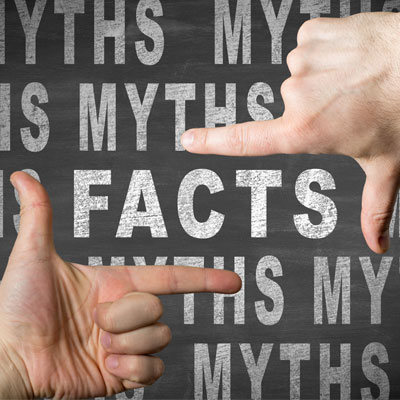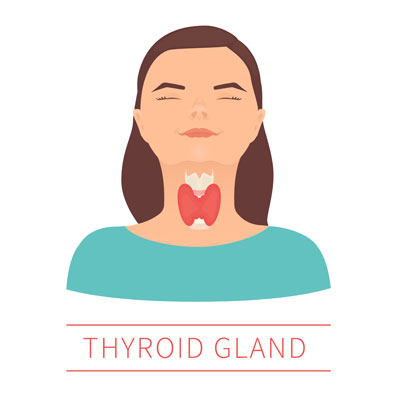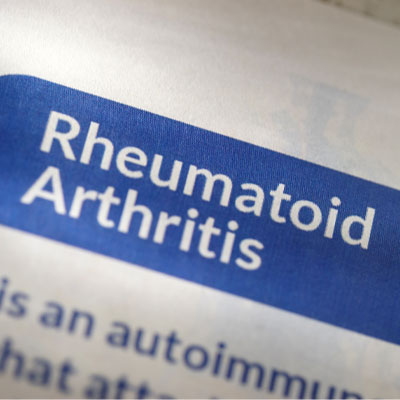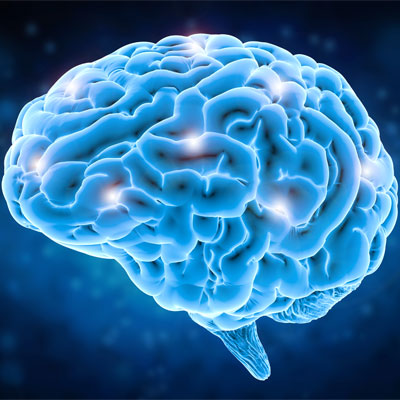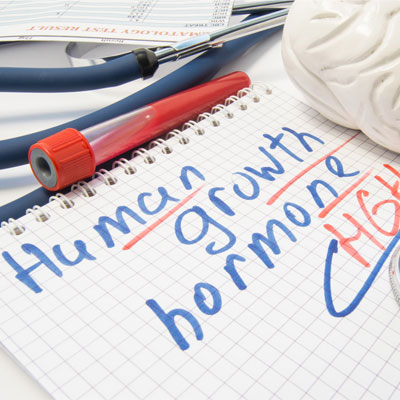Although the majority of growth hormone production occurs in the pituitary gland, some of the body’s other tissues also provide a small amount of GH, including in the eyes. Growth hormone originating in the eye is independent of pituitary GH. Can HGH cause eye problems if its levels decline?
Knowing what we do about growth hormone deficiency, any area of the body that responds to GH stimulus via receptor cells can suffer a decline in functions. The eyes would be no different if they do not get their normal amount of GH.
Certain HGH eye problems are often viewed as normal signs of aging, such as blurry night vision and decreasing eyesight. It is not unusual to hear of older adults who stop driving at night. Studies in this area are sorely lacking. Anecdotal reports from people who currently or previously used HGH therapy often show benefits for eyesight. They state better night vision, improved overall eyesight, and reduced blurriness.
With a decrease in pituitary HGH, eye bags and sagging skin on the eyelids is likely. The reason – HGH plays a primary role in the body’s ability to regenerate cells necessary to maintain the thickness, texture, and elasticity of the skin. With age, growth hormone levels decline, and the skin becomes thinner and starts to sag. A lack of sleep associated with growth hormone deficiency leads to dark circles and bags under the eyes. HGH therapy can help improve skin tone and texture, along with sleep which will alleviate these concerns.
Growth hormone deficiency can lead to dark circles under the eyes, sagging eyelids, and, for some, blurry night vision.
HGH and Diabetic Retinopathy
There has long been a connection between diabetic retinopathy (DR) and growth hormone. In fact, patients with growth hormone deficiency have been advised against using HGH therapy if they have DR. Can HGH cause eye problems in adults? It was long believed that growth hormone contributed to diabetic retinopathy in some patients. Recent research has transitioned that thinking to insulin growth factor 1 (IGF-1). However, there is still a connection since GH plays a significant role in stimulating IGF-1 release from the liver. Thyroid hormone also plays a role in IGF-1 release and should be researched as hyperthyroidism often contributes to elevated IGF-1 and low GH levels.
In one study, patients with proliferative DR had higher vitreous concentrations of growth hormone than those with nonproliferative DR. Today, research shows us that growth hormone produced in the eye plays an important role in processes such as neurodegeneration and excitotoxicity several years even before visible vascular changes appear. This HGH eye research provides new insight into the diabetic retinopathy and hormonal activity.
Further research HGH and eye problems such as diabetic retinopathy are necessary to improve eyesight for individuals with DR.
Patients with diabetic retinopathy have long been told to avoid HGH therapy. New and emerging research may change that.
Can HGH Improve Eyesight?
One of the many areas of study of HGH and eyesight has to do with corneal wound healing. This process requires epithelial cell proliferation and migration and interactions between stromal fibroblasts and epithelial cells. Without proper wound healing, ulceration, corneal scarring, and even vision loss are possible. Any compound that could be locally applied could induce the ability of corneal epithelial cells to increase.
Why use HGH? Eyesight is but one of the many areas in which growth hormone holds promise. In this situation, HGH can initiate cellular regeneration which can speed up the proliferation process. It has similar benefits for treating burn victims by promoting cell reproduction. Applied HGH activated the STAT5 signaling pathway that allows human corneal fibroblasts to proliferate and migrate. This is another area of scientific study that requires additional research.
Can HGH cause eye problems in adults as its levels decline? Yes, many people experience changes in eyesight along the same time that growth hormone levels decrease. Reports from patients who receive HGH therapy back up many claims that HGH improves eyesight. Further research is necessary before these claims can be substantiated.
- Alina Bakunowicz-Łazarczyk Prof. Dr. Hab. N. Med., Beata Urban Prof. Dr. Hab. Med., Miroslawa Urban MD, PhD, Professor of Paediatrics, Maria Gardziejczyk Dr. N. Med.
- Ahmed Fawzy, M.Sc.,M.D., Nora El-Said Badawi, M.D. Mohamed M. Ismail, M.D., Moataz Hamed Osman, M.D.
- Robert M Cohen, MD, Piotr Chomczynski, PhD, Zbigniew Rymaszewski
Effect of human growth hormone treatment on the eyes of patients with somatotropic pituitary insufficiency and in girls with Turner’s syndrome
Possible Effects of Growth Hormone Therapy on the Eye
Human growth hormone stimulates proliferation of human retinal microvascular endothelial cell in vitro

